Announcement 4 Dec 2025
Announcement: Thursday 4th December 3.30pm
Check here for breaking news and a selection of news stories from our weekly newsletters:
Announcement: Thursday 4th December 3.30pm
*As published in The Times, Spring 2025
This weekend, The Sunday Times published its Parent Power league tables of the 400 best Secondary Schools in the UK.
Booking will open here on Wednesday 15th October.
We have high capacity for each session but will stagger release availability to prevent any technical difficulties.
Thank you for your patience as we waited for confirmation that all results had been communicated before opening our booking system.
We look forward to welcoming you to Bexley Grammar next week!
Congratulations to our Year 13 IB students and their teachers for the IB results, which were released on Saturday 5th July 2025. We're very pleased to continue to maintain high standards at BGS, and an impressive average point score of 34 points.
Of special note this year are the proportion of grades awarded at 7-6 (47%) and 7-5 (83%); these represent the best results achieved by students since the school became a fully IBDP sixth form, 8 years ago. If we consider grades awarded in Higher Level subjects alone, these proportions are even greater, 7-6 (53%) and 7-5 (85%). With 168 UCAS points equating to 3 A* grades at A level, you can see from the table below that our students have once again gained a qualification of great academic value.
As well as the school wide results being extremely pleasing, we also had some excellent individual results. One student, River Wattret, gained full marks - 45 points - in his Diploma. This perfect score is typically gained by less than 0.5% of all IBDP students globally, which is a phenomenal achievement. A further 8 students gained a score of 42 points or more, which would typically place them in the top 5% of IBDP students to have taken the diploma in the world this year. Ursule Goraviciute, Alexander Innes and Andy Yu all scored 43 points, while Jasreen Ghag and Summer Hewitt attained 44 points. These levels of excellence are quite astounding and the students should feel extremely proud of achieving these feats.
In destination news, the Sixth Form Team is working hard to help confirm places on many university courses and degree apprenticeships, while some students have already secured employment. So far we have 7 confirmed Oxbridge places and 9 students accepted on to Medicine, Dentistry or Veterinary Science courses. For those in need of any advice or support in taking their next steps please do contact the Sixth Form Team via the support form sent by the Sixth Form Team.
Congratulations, Year 13!
We are delighted that our excellent outcomes have been recognised by SSAT (The Schools, Students and Teachers Network) in this year’s Educational Outcomes Awards. The award recognises that Bexley Grammar School is among the highest performing secondary schools in the country, based on 2024 performance data and information from Ofsted. The SSAT Educational Outcomes database compares all state-funded schools in England. To be recognised with an Educational Outcomes Award is a significant achievement and a testament to the work of the whole school community.
“Congratulations to Bexley Grammar School on winning an SSAT Educational Outcomes Award. This success is down to the superb learning and teaching, outstanding support and inspirational leadership of staff. You have made a huge difference to the lives of the young people in your school. Thank you.”
Sue Williamson, Chief Executive of SSAT
Well done to everyone involved in achieving this accolade.
H.J. Gilmore
We're proud to announce that we have been awarded a 5 star rating and a Certificate of Excellence based on SchoolGuide.co.uk's unique combination of official performance data published by the Department for Education and Ofsted!
Please come and support our Year 10 Football team playing in the Kent Cup Final on the 7th March against Oakwood Park Grammar. This is the first team at Bexley Grammar to have made back to back finals (and winning last year!) in over 20 years! The boys have worked extremely hard to get here and would appreciate any support that is able to travel with us.
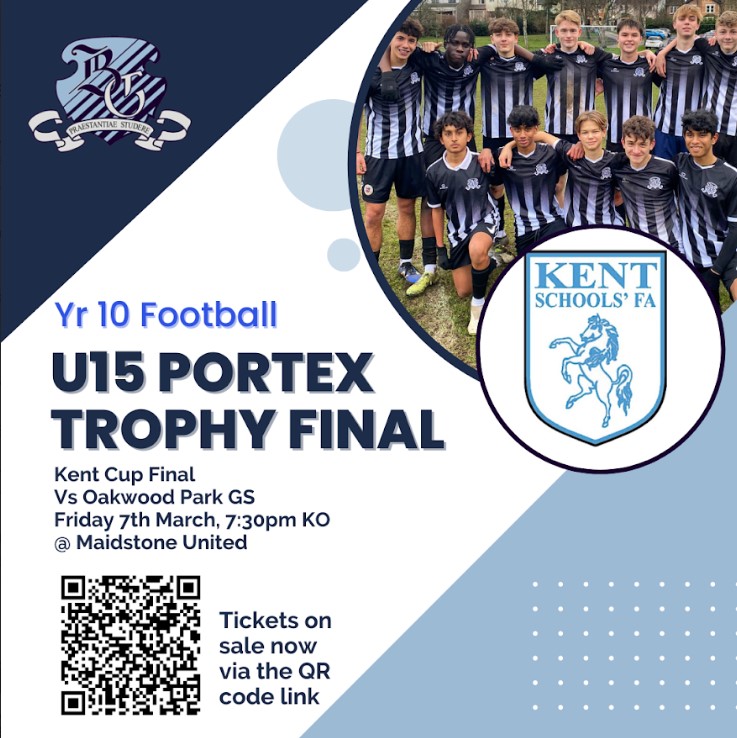
KS3 Basketball
Well done to our Year 7 and 8 basketball teams, who opened their league accounts vs Cleeve Park on Monday. The Year 8s romped to a 37-6 win, whilst the Year 7s were narrowly beaten 12-10, with a late score proving decisive for CP.
Well played!
Mr Lines, Head of PE

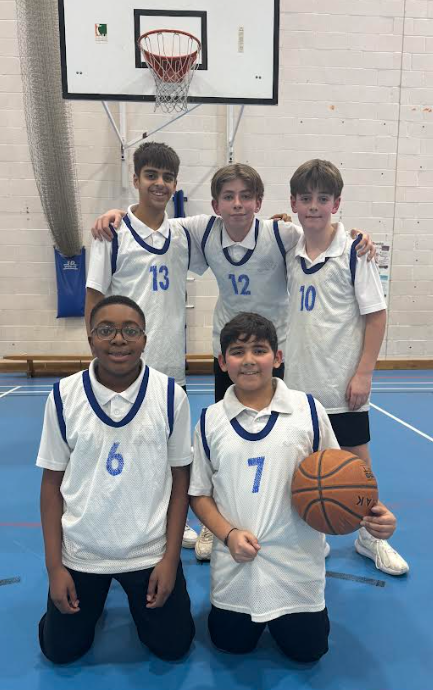
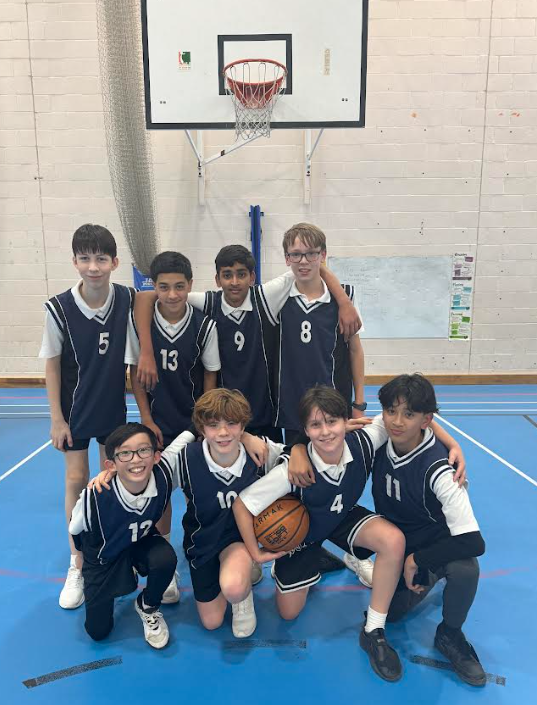
Girls' Football
 The U13 girls' football team played against Blackheath this week. It was not the win we hoped for this evening but 100% effort was given by everyone. What more could we ask for!
The U13 girls' football team played against Blackheath this week. It was not the win we hoped for this evening but 100% effort was given by everyone. What more could we ask for! 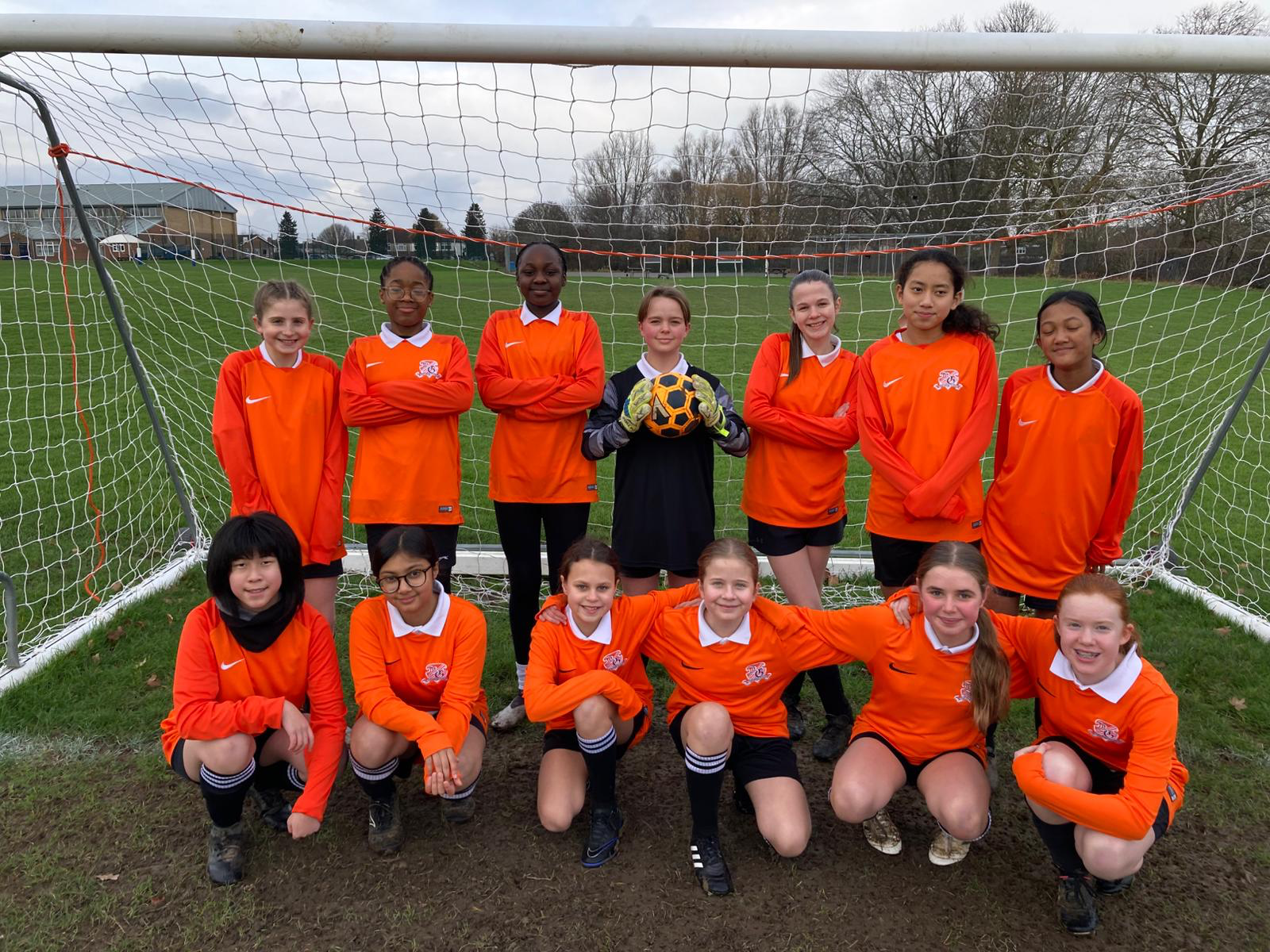
KS3 Badminton
 We were proud to take our KS3 boys to the Kent Badminton championships on Wednesday. The boys played brilliantly, picking up some impressive wins against some prestigious opponents, but didn’t qualify for the next round.
We were proud to take our KS3 boys to the Kent Badminton championships on Wednesday. The boys played brilliantly, picking up some impressive wins against some prestigious opponents, but didn’t qualify for the next round.
Well played boys!
Mr Lines
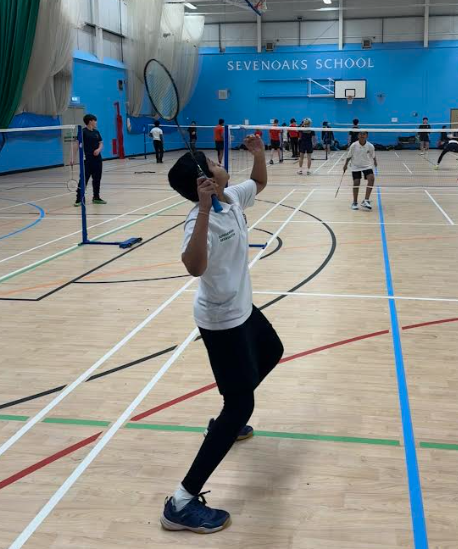

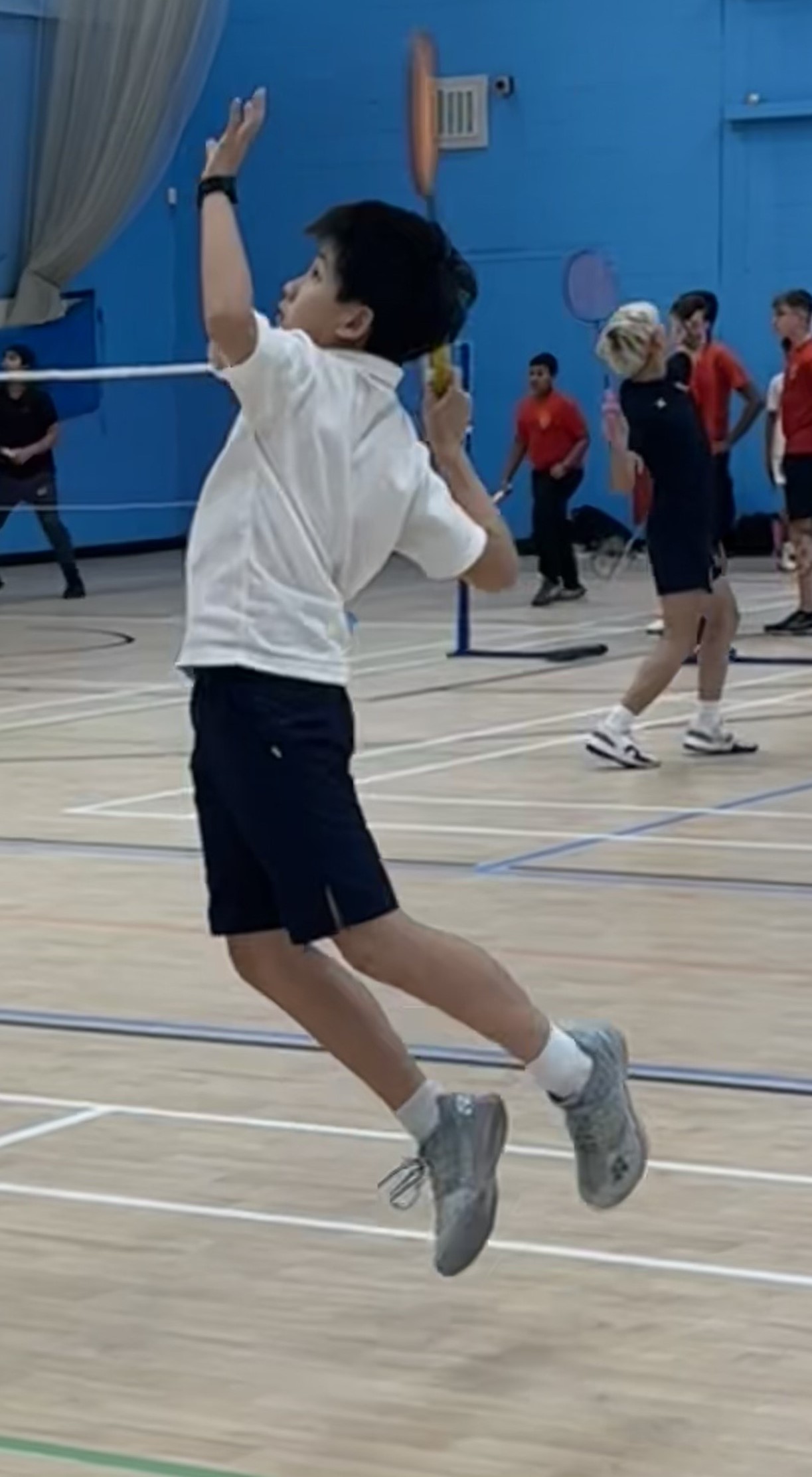
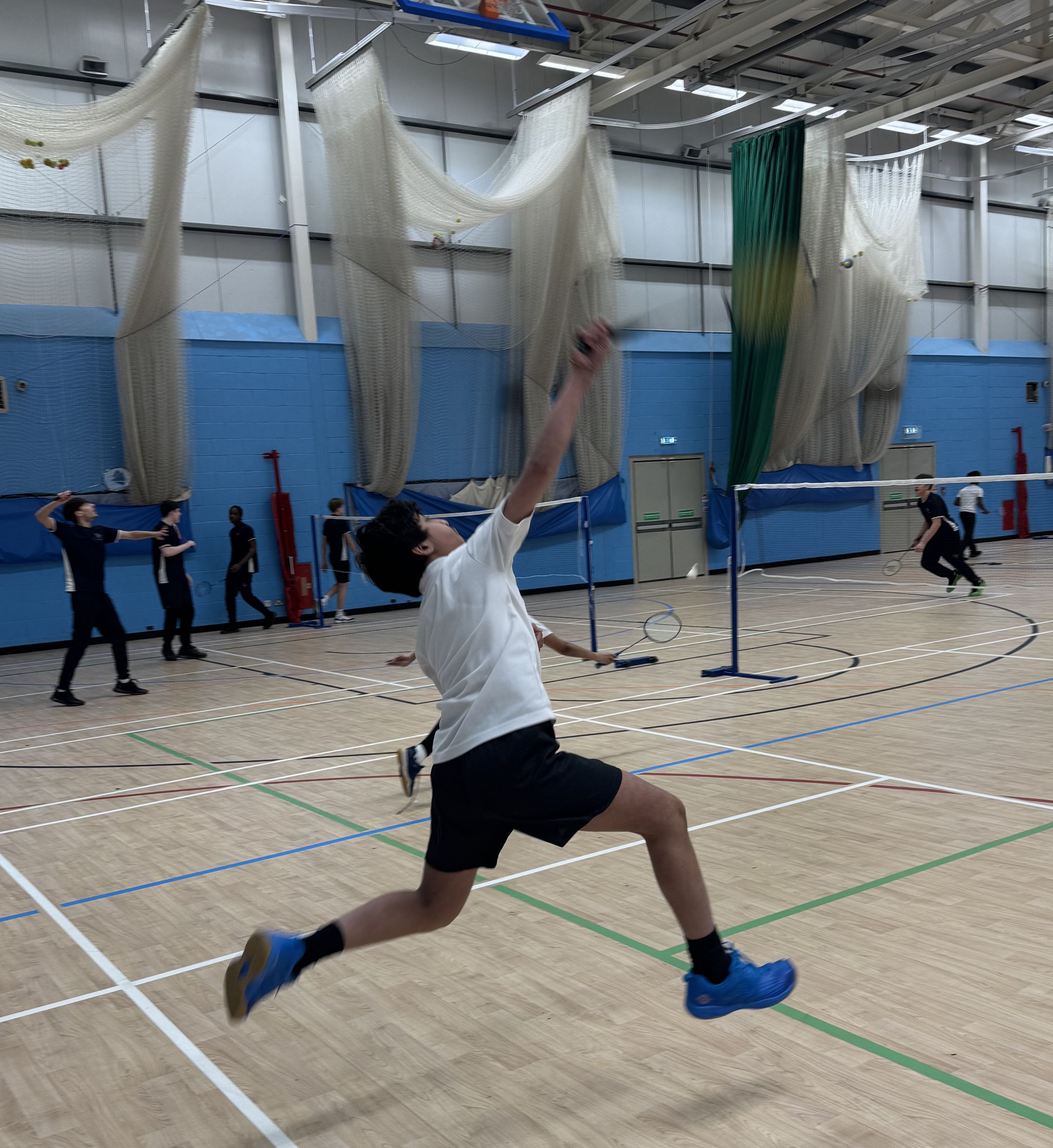
 For years, students in Year 12 from Bexley Grammar have participated in the prestigious Young Enterprise competition. Young Enterprise is a charity that’s determined to give young people the opportunity to develop life skills such as teamwork, creativity, and problem-solving to give us the knowledge & confidence we will need to have a chance in the changing world of work.
For years, students in Year 12 from Bexley Grammar have participated in the prestigious Young Enterprise competition. Young Enterprise is a charity that’s determined to give young people the opportunity to develop life skills such as teamwork, creativity, and problem-solving to give us the knowledge & confidence we will need to have a chance in the changing world of work.
Over the last few years, we’ve noticed how stress and anxiety are affecting an increasing number of people in our school. We’ve noticed how more and more students are suffering in silence. How many people struggle with these feelings but often hesitate to seek help due to societal stigma and the distorted perception that it would be a sign of weakness.
We wanted to create something that could offer comfort. That could be a starting point for those struggling to take control of their mental well-being. Something that could take the weight of anxiety off your shoulders. Something that would be the first step in the journey of mastering mental well-being, that would let you enjoy the fullest that life has to offer.
And that’s how we came up with Heavy Hugs.

We saw how weighted blankets were becoming increasingly popular in helping people with anxiety or ADHD sleep more easily and wondered if we could apply the same concept to teddy bears. Whether we could make a weighted teddy bear that would provide comfort in a more personal way.
But for heavy hugs, it’s not simply a stuffed animal — it’s a warm friend that’s always there for you, no matter the time or situation. It’s a friend that will be there without you having to ask for it.
Research confirmed our idea through studies on the effects of deep pressure stimulation: the weight provides a calming effect, simulating a mother holding a child, activating the release of neurotransmitters like serotonin and dopamine. In situations of panic or high stress, pressure stimulation helps slow the heart rate, steady breathing, and ease symptoms of anxiety.
For parents, we can only aspire that our weighted Teddy Bear can be a tool for you to help comfort your children during the hard moments and offer a way for you to say that ‘Everything is going to be okay,’ even without words.
Even though our journey has only just begun, we have already learnt so much more than we expected. From brainstorming ideas to designing and testing prototypes, every step has been a learning experience.
We’re very grateful for the opportunity to learn and to make a difference and we’re determined to give it all we’ve got.
So, for us, this isn’t just about selling a product—it’s about creating a movement.
Anxiety and stress shouldn’t be obstacles to enjoying life, especially for children.
By supporting Heavy Hugs, you’re not just buying a teddy bear; you’re joining us in our mission to make a difference.
We invite you to take that step with us.
Share our message, tell a friend, or come visit us at Old Spitalfields Market on the 25th February from 9:15am - 3:30pm. If you’re interested in learning more about our bears or placing an order, contact us via our social media links below (website coming soon). Together, we can help children — and adults — find a little more comfort in their lives. Let’s make this world a more huggable place, one bear at a time.
Keep up with us on:
Young Enterprise Team, 2025
Cookie Policy